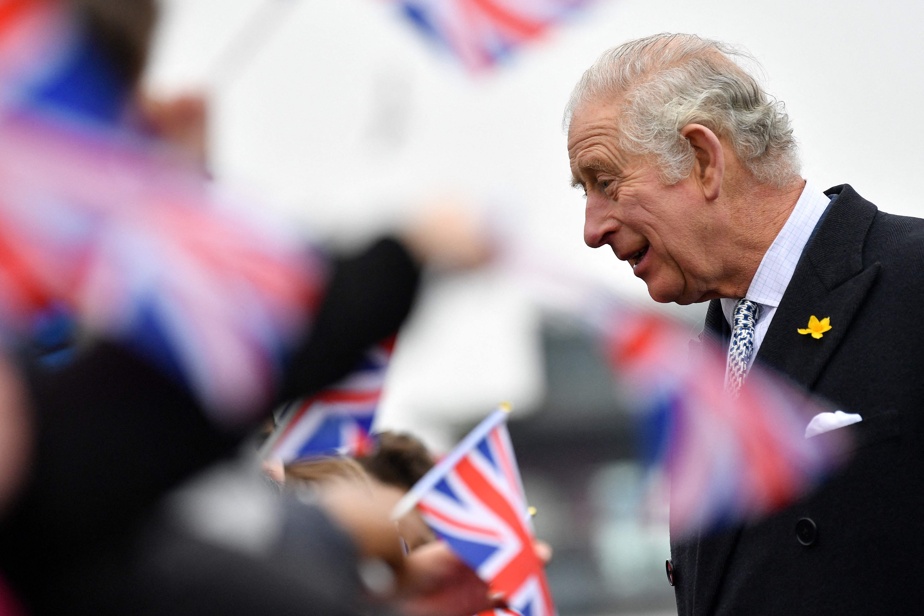(London) The whole of the British and other populations of which Charles III is the head of state will be called upon to swear allegiance to the sovereign during the coronation, an oath hitherto reserved for representatives of the British nobility, and which makes people cringe Sunday among anti-royalists.
The office of the Archbishop of Canterbury, Justin Welby, who will conduct the coronation ceremony on May 6 at Westminster Abbey, announced on Saturday that the traditional “peer tribute”, during which a long list of representatives of the nobility kneel before the king and swear allegiance to him, would be abolished.
Instead, the ceremony will feature a “People’s Tribute”. The Archbishop will call on “all people of good will in the United Kingdom of Great Britain and Northern Ireland, and other realms and territories, to pay homage, in heart and voice, to their indisputable King, defendant of all “.
British parliamentarians, but also Canadians since the British sovereign is also their head of state, already take an oath of allegiance to the monarch when they take office.
Sunday, several elected officials interviewed in the British media have indicated that they will take up the new oath during the coronation.
In contrast, anti-monarchists criticized the change, the Republic movement, which plans to demonstrate on Saturday May 6, calling it “offensive” and a gesture of “contempt for the people”.
“In a democracy, it is the head of state who should swear allegiance to the people and not the other way around,” said Graham Smith, spokesperson for the movement.
The introduction of this new oath is just one of the changes made to the ceremony, the centuries-old ritual, and which the palace wanted to evolve, in particular to reflect the diversity of the country.
For the first time, women bishops will take part in the religious service, as will representatives of non-Christian cults. The King will recite a prayer aloud, while Queen Consort Camilla will receive the anointing in full view of the public and not out of sight. Also new, texts will be read in the languages of the other nations of the United Kingdom: Welsh, Scottish Gaelic and Irish Gaelic.

